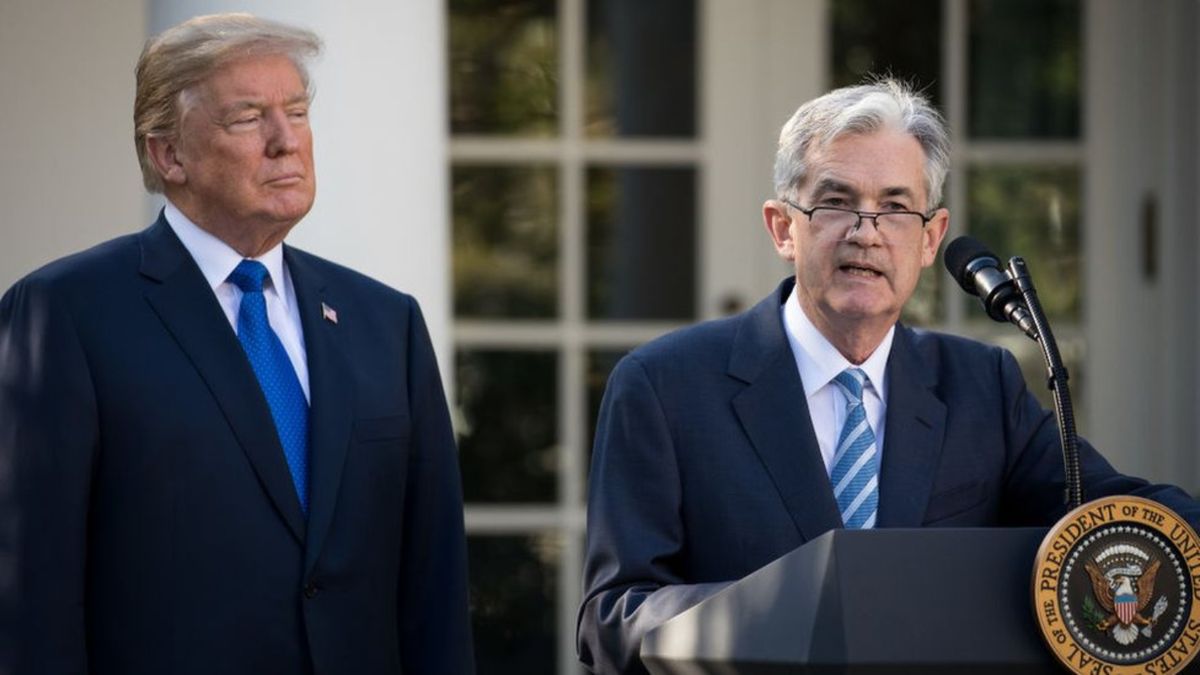Unicredit boss Andrea Orcel is trying to take over Germany’s second-largest private bank. But he doesn’t want to hear anything about a hostile takeover. He says the federal government knew about Unicredit’s interest.
In the struggle for Commerzbank, Unicredit boss Andrea Orcel has rejected a public takeover offer. “No, that would be an aggressive act,” he said in an interview with the Italian newspaper “Il Messaggero” in response to a question on the subject. “We bought 4.5 percent on the market and 4.49 percent that the German state sold us. We are satisfied with what we have done.”
In an interview with the “Frankfurter Allgemeine Zeitung” (FAZ), Orcel also said that Unicredit had been in continuous dialogue with several interest groups, including the federal government. “If we had thought that we were not welcome – whether that is the case today remains to be seen – then we would not have pursued this approach. Because in such transactions the main players have to agree.”
Unicredit could also sell its stake in Commerzbank again “and make a significant profit, because Commerzbank’s share price has risen nicely.”
Orcel: Federal government knew about Unicredit’s interest
Unicredit took advantage of the federal government’s partial exit from Commerzbank and surprisingly made a large-scale investment in the DAX-listed company. The Italians acquired a share package of around 4.5 percent from the federal government and also bought shares on the market, meaning they now hold nine percent of the shares. The federal government, which was apparently taken by surprise by Unicredit’s entry, still holds twelve percent of the shares. The Federal Ministry of Finance now wants to explore the new situation.
The German government was certainly aware of Unicredit’s interest, Orcel made clear. “Over the last two to three years, we have repeatedly signaled our interest in Commerzbank to the German government and a number of other parties,” Orcel stressed. “In due course, we would like to have a constructive dialogue with the management of Commerzbank and the German government.”
Orcel does not see the entry into Commerzbank as a sneaky move. “Ultimately, nine percent is a significant but not an invasive stake. We could have made a full takeover offer, but we did not do that.”
Commerzbank appeals to the federal government
The sale of further Commerzbank shares by the federal government is subject to a 90-day lock-up period until the beginning of December. Commerzbank CFO Bettina Orlopp recently demanded that the federal government not sell any more shares for the time being. The institute now needs peace and quiet.
The Commerzbank management will meet next week to discuss updates to its 2027 strategy with the supervisory board and to explain the next steps. The future leadership of Commerzbank could also be a topic. According to a “Handelsblatt” report, the bank is considering replacing CEO Manfred Knof early. He had announced that he would step down when his contract expired at the end of 2025. Orlopp is considered the favorite to succeed him. She did not comment on the report.
Meanwhile, the fund company and major shareholder Deka is demanding that Commerzbank make a quick decision about the future management of the bank.
Orcel again promotes takeover
Orcel again advocated a merger between Unicredit and Commerzbank in an interview with the “FAZ”. “Germany needs more competition in the banking sector. A second strong and profitable bank could help with that.” Unicredit and its subsidiary Hypovereinsbank (HVB) could support Commerzbank with more capital.
Geographically, HVB is particularly strong in Munich and Hamburg, while Commerzbank is strong in the rest of Germany, especially in the northeast. Commerzbank has more branch business with private customers, HVB less. “For all these reasons, we received a relatively positive reaction from the corporate world, especially from medium-sized companies,” Orcel reported.
Source: Stern




